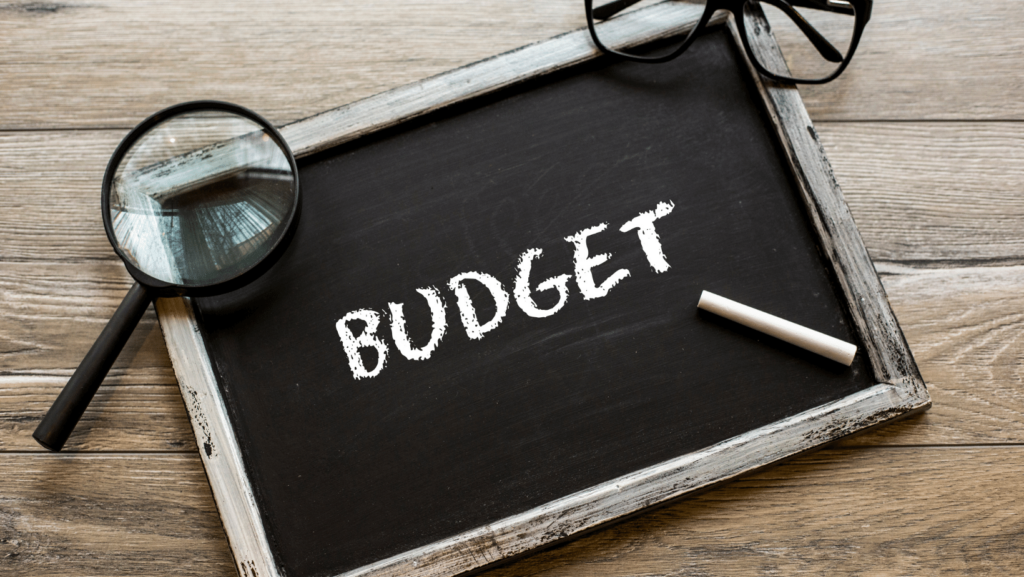
In today’s fast-paced world, effective budgeting is crucial for managing personal finances. By implementing budgeting techniques, individuals can gain better control over their money, save for future goals, and achieve financial stability. This blog post will explore essential steps and strategies to help you master the art of budgeting, providing you with the tools necessary for successful personal finance management.
Understanding Personal Finance Management:
Before delving into budgeting techniques, it’s essential to grasp the concept of personal finance management. Personal finance management refers to the process of planning, organizing, and controlling your financial resources to meet your financial goals. It involves making informed decisions about spending, saving, and investing your money wisely. Budgeting acts as a fundamental pillar of personal finance management, enabling you to allocate your funds effectively and prioritize your financial objectives.
Key Steps for Effective Budgeting:
Step 1: Assessing Income and Expenses
The first step towards effective budgeting is assessing your income and expenses. To create a realistic budget, you need to have a clear understanding of how much money you earn and where it goes. Start by tracking your income sources, including salary, side hustles, or investments. Then, meticulously record all your expenses, categorizing them into essential (e.g., housing, groceries) and discretionary (e.g., entertainment, dining out). This assessment will provide a comprehensive overview of your financial situation and help identify areas where you can cut back or allocate more funds.
Step 2: Setting Financial Goals
Setting specific and measurable financial goals is vital for successful budgeting. Define short-term goals, such as paying off credit card debt, as well as long-term goals like saving for retirement or buying a house. Utilize the SMART goal-setting framework, ensuring your goals are Specific, Measurable, Achievable, Relevant, and Time-bound. Clear goals will motivate you to stick to your budget and make informed financial decisions aligned with your objectives.
Step 3: Creating a Realistic Budget
Once you have assessed your income, expenses, and established financial goals, it’s time to create a realistic budget. A budget serves as a roadmap for managing your finances and guides your spending habits. Explore different budgeting methods, such as zero-based budgeting or the envelope system, to find the approach that works best for you. Allocate your income towards various expense categories, ensuring you prioritize your financial goals. Remember to leave room for flexibility and adjust your budget as needed.
Step 4: Tracking and Reviewing Budget
Creating a budget is not a one-time task; it requires continuous tracking and review. Use budgeting tools and apps to monitor your expenses and compare them against your budgeted amounts. Regularly reviewing your budget allows you to identify areas where you may be overspending or areas where you can save more. It also helps you make necessary adjustments to keep your budget on track and aligned with your financial goals.
Step 5: Saving and Investing
Effective budgeting goes beyond managing day-to-day expenses. It also involves saving and investing for the future. Allocate a portion of your income towards savings and investments, ensuring you build an emergency fund and contribute to long-term goals, such as retirement. Explore different saving and investment options, such as high-yield savings accounts, mutual funds, or individual retirement accounts (IRAs), based on your risk tolerance and financial aspirations.
Common Budgeting Mistakes to Avoid:
While budgeting can significantly improve your financial management, it’s essential to be aware of common mistakes that can hinder your progress. Avoid falling into the trap of overspending, neglecting to track expenses, or setting unrealistic goals. Instead, focus on creating a balanced budget, prioritizing debt repayment, and being mindful of impulse purchases. Regularly reassess your budget to adapt to changing circumstances and stay committed to your financial objectives.
Additional Tips for Effective Budgeting:
To enhance your budgeting skills further, consider implementing these additional tips:
- Prepare for unexpected expenses by creating an emergency fund.
- Automate savings and bill payments to avoid missed payments.
- Seek ways to increase your income through side gigs or negotiating a raise.
- Find support through financial communities or accountability partners.
- Stay motivated by celebrating small financial victories along the way.
Conclusion:
Mastering effective budgeting techniques is a valuable skill for personal finance management. By following the key steps outlined in this blog post, you can assess your income and expenses, set financial goals, create a realistic budget, track your progress, and achieve long-term financial stability. Avoid common budgeting mistakes, implement additional tips, and stay committed to your financial objectives. With diligent budgeting, you can take control of your finances, reduce financial stress, and pave the way for a brighter financial future.

